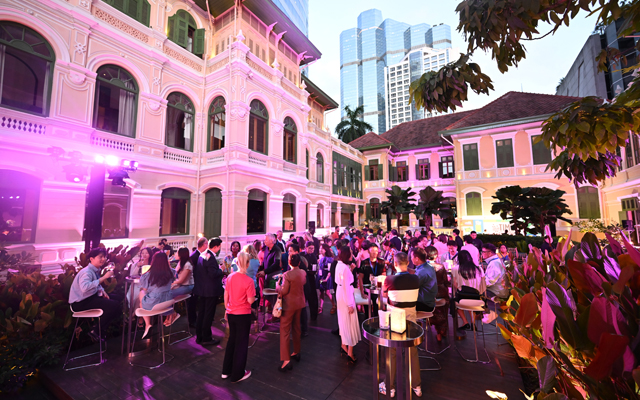As Thailand rebuilds its visitor economy post-pandemic, India is fast emerging as a major growth engine for its business events sector, outpacing traditional markets like China.
“The MICE market from India to Thailand is growing. Earlier, the average group size was around 300 to 500 people. Now we’re seeing groups of 5,000, 8,000, even 15,000, coming for meetings and incentives,” stated Nitin Sachdeva, Thailand Convention and Exhibition Bureau’s (TCEB) India representative.

The market has even superseded its own subvention budget, but “the team at headquarters manages reallocations well to keep up with India’s demand,” said Sachdeva.
Aroop Das, co-founder of Chennai-based Itvara Hospitality, praised Thailand’s “world-class” hospitality as one of the destination’s major draws. Das has brought numerous corporate Indian incentive groups to Thailand ranging from 20 to 2,000 delegates across sectors such as healthcare, cement, and construction.
“On a recent trip, we were greeted at the aerobridge with placards, a traditional welcome, and flower bouquets. Even the car had water, mouth fresheners, and other comforts – small but meaningful gestures that elevated the experience,” he recalled.
Das also commended TCEB’s choice of venue for the Thailand Innovative Meetings Exchange (TIME) 2025 welcome dinner at House on Sathorn, calling it an immersive alternative to a typical high-end venue.
Such distinctive venues, he noted, resonate strongly with premium incentive groups like doctors and C-suites who are “willing to pay for experiences that stand out”.
TIME 2025 opened with a gala dinner at the House on Sathorn, where ambient lighting, live music by a contemporary band featuring traditional Thai instruments, and carts of traditional street desserts transformed the heritage venue into a memorable showcase of local culture.
Meanwhile, Akash Pawar, founding member – strategy and new Initiatives at Mumbai-based business events solutions agency Media Hermits Limited, commented: “One of the first things I look for is whether the property has an Indian chef. It’s absolutely essential, as it ensures they can cater to the specific dietary needs and preferences of Indian guests.”
Pawar also stressed the value of curating hyper-local experiences, noting that these unique, culturally rooted touches from Thailand help event proposals stand out.





















